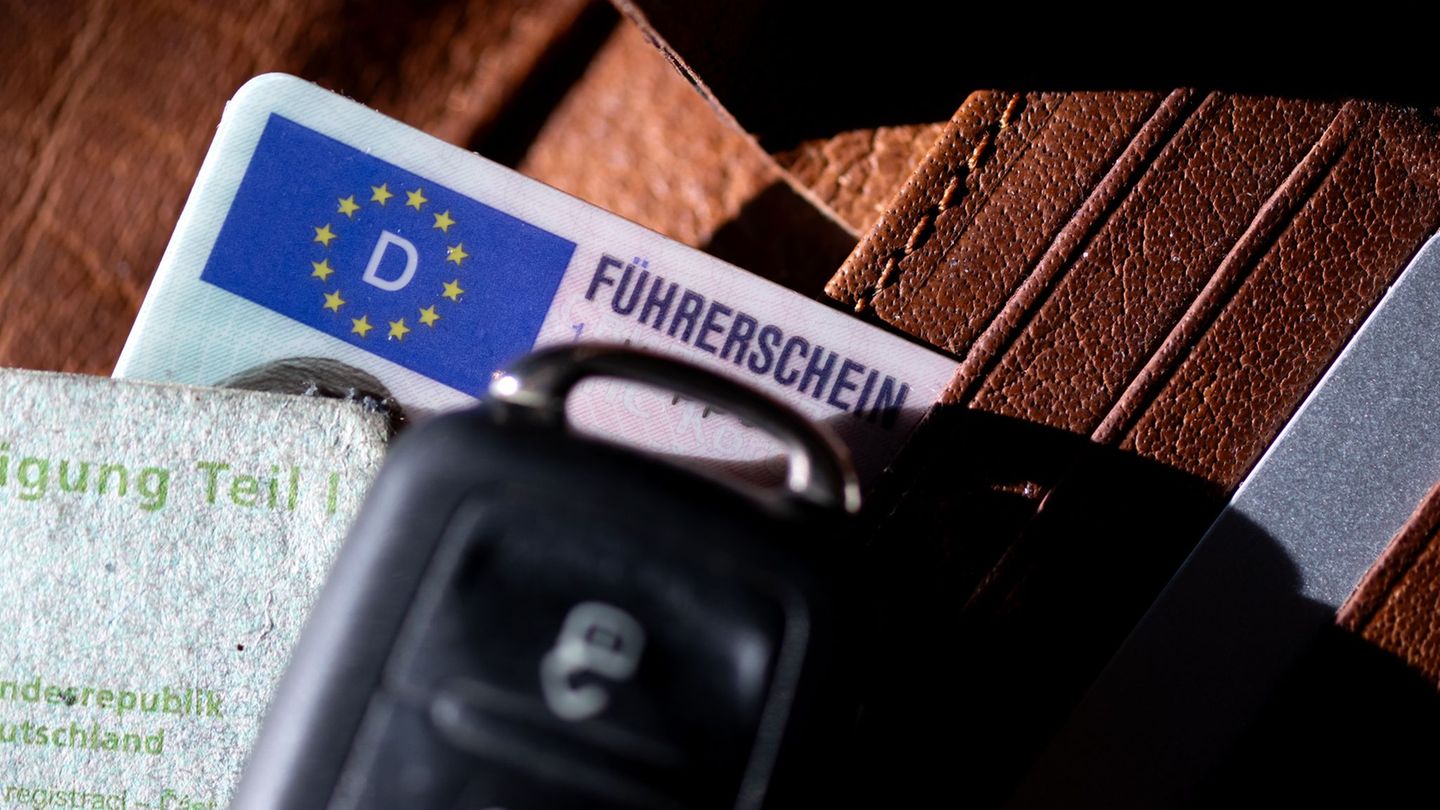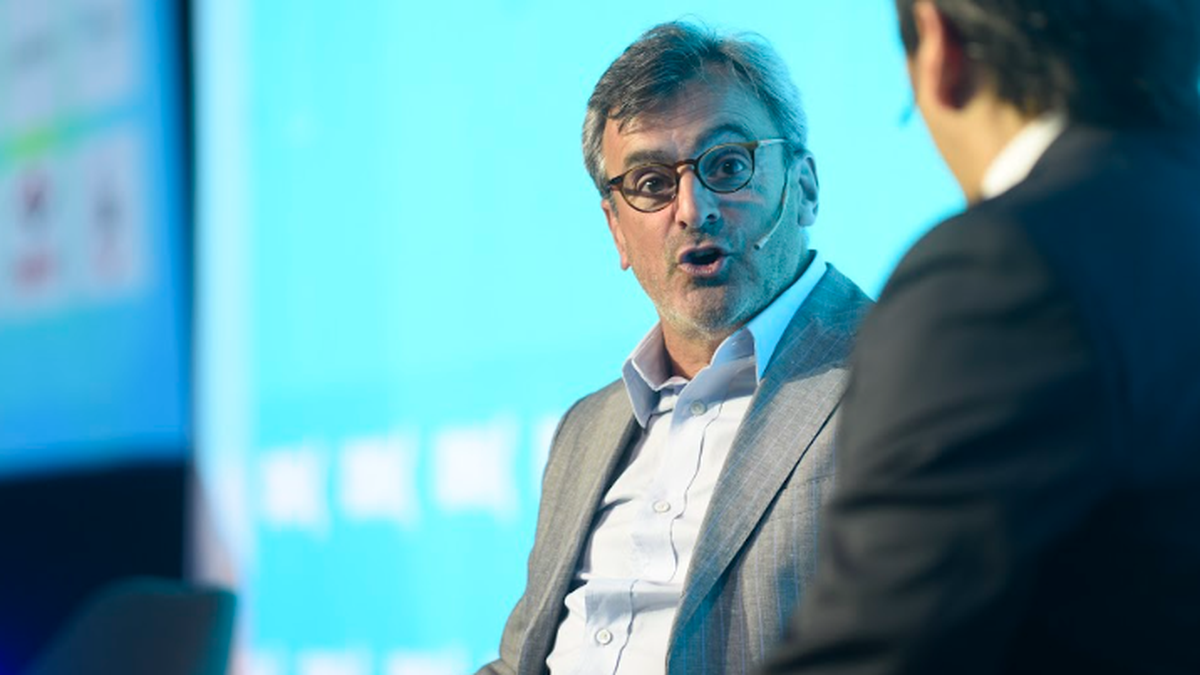From the perspective of the governing parties in Germany, the European elections were a debacle. The right, on the other hand, can celebrate. Now the question arises as to possible alliances.
Germany, France, Italy and Spain: In almost all major EU countries, right-wing parties gained significantly in the European elections. But will this really have an impact on politics in Brussels? Questions and answers at a glance:
Are Le Pen, Meloni and Co. now setting the tone?
No. The course of the EU is primarily set by the European Council, the body of 27 heads of state and government. Nothing will change there as a result of the European elections. In the Council, which meets regularly for summits, the parties of the centre-right EPP alliance are currently the strongest political force with 13 heads of state and government. Then come the camps of the social democrats and the liberals. The only clear right-wing politicians in the Council so far are Italy’s Prime Minister Giorgia Meloni and Hungary’s Prime Minister Viktor Orban.
The EPP also remains by far the strongest political force in the European Parliament. Even if all right-wing parties were to join forces, they would probably get fewer than 200 of the future 720 seats – far from a majority of their own. This also means that EPP lead candidate Ursula von der Leyen does not mathematically need votes from the far-right camp to get a second term as Commission President. Informal cooperation with social democrats and liberals is actually sufficient, as agreed in 2019 before von der Leyen was elected.
What will happen next with the AfD in the European Parliament?
That is still unclear. The previous AfD MPs were excluded from the right-wing nationalist ID group shortly before the European elections. The background to this was statements by the AfD’s top candidate Maximilian Krah about the Nazi SS and a Chinese espionage scandal involving one of his employees. On Monday, the other newly elected AfD MPs decided not to include Krah in their new delegation at all. This could clear the way for cooperation with other right-wing parties. Possible candidates include Meloni’s Fratelli d’Italia (Brothers of Italy) and the French Rassemblement National party led by Marine Le Pen – both clear election winners in their countries.
Could this lead to the formation of a new large far-right faction?
This is also still uncertain. Le Pen is currently lobbying Meloni for a union to form the second largest group in the European Parliament. The fact that Meloni is also being courted by the powerful EPP speaks against this. From the Italian’s point of view, the argument in favor of at least loose cooperation with the EPP is that she would then be much closer to the center of power in the EU. If Meloni enters into a close alliance with Le Pen, however, this would probably stand in the way of cooperation with the EPP – Le Pen is still demonized by the EPP as being anti-EU, close to Russia and right-wing extremist – despite the EPP’s efforts to distance itself from her father Jean-Marie Le Pen.
What role will Le Pen play at EU level in the future?
The right-wing nationalist sees herself as being on the up thanks to her good performance in the European elections, but more at the national level than on the European stage. She will neither be entering the EU Parliament nor attending the meetings of the heads of state and government – and will therefore exert influence more indirectly. She sees the election result as a clear mandate to change Europe. She wants the nation states to have more say, not to be interfered with by Brussels in migration policy, and to make trade policy more protectionist. The 55-year-old’s voice could gain significantly more weight if her party wins the early parliamentary elections in France this summer and President Emmanuel Macron is forced to appoint a head of government from her ranks.
And what about Meloni?
The 47-year-old is the new strong woman of Europe: no head of government in the EU has been so powerful since Angela Merkel. With the election victory of her Fratelli d’Italia, which, unlike most other government parties in the EU, was able to gain further ground, Meloni has gained even more influence. This will be noticeable this week at the G7 summit of the major industrial nations, when the Italian is hosting. Then the question will also be whether she supports von der Leyen. Compared to the election losers Olaf Scholz and Macron, she is in an excellent position.
It is still a mystery how much of Meloni’s ideology has retained from her post-fascist beginnings. Has she really moved to the centre – or is she just pretending? In foreign policy, she has proven herself to be a reliable partner. There is also great interest in whether she will now seek closer ties with Le Pen. Will it be a partnership or competition? Because if Le Pen wins the parliamentary elections in France, Meloni’s position as the clear number one of the right in Europe could be over again.
Could the EU move permanently to the right?
This depends above all on how the next elections in the member states turn out. After the FPÖ’s success in the European elections, it is conceivable that the right-wing party will also win the next parliamentary elections there and then also provide the Austrian Chancellor. Another decisive factor will probably be whether Le Pen succeeds in becoming President of France in 2027. The fact that right-wing parties do not have a run everywhere was recently shown in Poland, where the right-wing nationalist PiS had to hand over power last year to an alliance led by former EU Council President Donald Tusk. The trend is also bucking in Hungary: there, Orban’s Fidesz party suffered its worst result to date in a European election on Sunday.
Source: Stern
I have been working in the news industry for over 6 years, first as a reporter and now as an editor. I have covered politics extensively, and my work has appeared in major newspapers and online news outlets around the world. In addition to my writing, I also contribute regularly to 24 Hours World.




